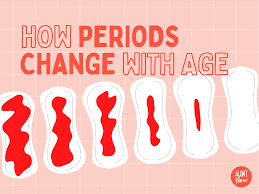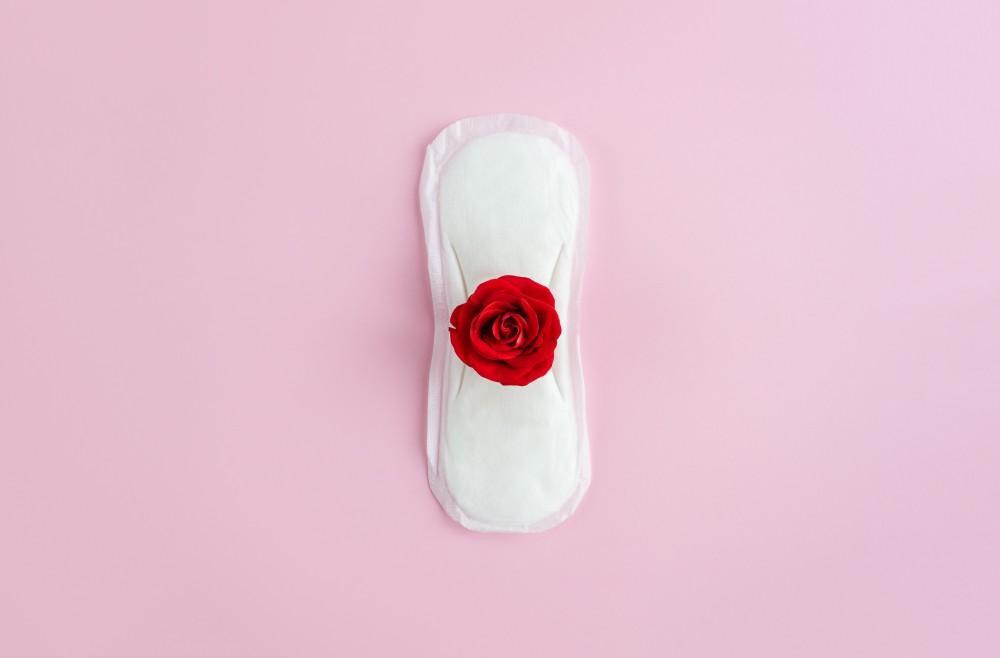Recognising Menstruation: Cycle Stages, Initial Period Symptoms, and Personal Care Advice.
For anyone with a uterus, menstruation is a normal and necessary part of life. A vital component of the female reproductive system, it is an indication of reproductive health. Nonetheless, there is still a great deal of misunderstanding, stigma, and inadequate knowledge about it. What is menstruation?, the phases of the menstrual cycle, the earliest signs of the period, and important menstrual hygiene advice are all covered in this book.
Menstruation
A complicated cycle of hormonal changes that impact the entire body is reflected in menstruation, which is more than just bleeding. What is menstruation, I ask? includes being aware that it is a monthly marker of the body’s readiness for reproduction as well as a biochemical signal of puberty. Until menopause, which usually happens around the ages of 45 and 55, this cycle lasts for the majority of women.
Though it can vary from (21 to 35 days) and continue to be classified as normal, a menstrual cycle typically lasts 28 days. Are you aware of what menstruation is? involves knowing how to take care of one’s reproductive health.
Symptoms of the First Period

For young girls nearing puberty and their carers, it is essential to recognise the early signs of menstruation. first period, happens between the ages of nine and sixteen. Every girl is unique, though. Here are a few of the most typical indicators of a first period:
Development of the Breasts
The breast buds, which commonly emerge between one and two years prior to the onset of menstruation, are among the first indications of puberty.
Underarm and pubic hair
The development of hair in these regions is a clear sign that menstruation is imminent.
Discharge from the Vagina
As time before their first period, many girls feel a clear or white discharge coming from their vagina. This discharge is typical and indicates a hormonal adjustment in the body.
Changes in Mood
Hormonal variations can cause emotional swings like sorrow or anger, which are comparable to the feelings adults get before their periods.
Cramps in the abdomen
Prior to the onset of menstruation, mild lower stomach pain or aches may occur. These can be similar to the cramps experienced in subsequent cycles.
It’s critical that parents and guardians’ ready girls for bleeding by providing them with the tools and information they need and by having an honest conversation about the first signs of a period. Education boosts confidence and lessens fear.
Periods of the Menstrual Cycle

There are various stages to the menstrual cycle, which is regulated by hormones. Planning a pregnancy, anticipating periods, and spotting possible health problems are all made easier with an understanding of the menstrual cycle phases.
First Menstrual Period (Days 1–5)
The shedding of the uterine lining, which causes monthly bleeding, is the first phase. The most noticeable aspect of menstruation is this phase, if you’ve ever wondered what it is. In the event of pregnancy, the body is releasing the blood and tissue it had prepared.
During this stage, common symptoms include:
- Cramps
- Weary
- Changes in mood
- Bloating
Phase of Follicle (Days 1–13)
Beginning on your first day of menstruation, this phase lasts until ovulation. Follicle-stimulating hormone (FSH) and other present hormones cause the ovaries to create follicles. Among these follicles, one will mature into an egg.
As oestrogen levels rise, the lost uterine lining is rebuilt. For the upcoming cycle, this rebuilding is essential.
Phase of Ovulation (about Day 14)
The ovaries delivers a fully developed egg during ovulation. This is the only period of a woman’s cycle where pregnancy is possible, making it one of the most important stages.
Ovulation symptoms could include:
- mild pelvic discomfort
- An increase in body temperature at rest
- increased amount of elastic, transparent cervical mucous
Phase of the Luteum (Days 15–28)
In order to preserve the uterine lining, the burst follicle develops into a substance called the corpus luteum, which secretes hormone after ovulation. The cells of the corpus luteum disintegrates in the absence of fertilisation, lowering progesterone levels and initiating a new cycle.
Period Hygiene
To feel comfortable, avoid infections, and keep clean throughout your period, you must practise good menstrual hygiene. Unfortunately, poor knowledge of menstrual hygiene frequently results in health problems, particularly in areas where menstruation is still frowned upon.
Here’s how to keep your menstrual hygiene in check:
Menstrual cups, tampons, or change pads Frequently
Depending on your flow, you should change your hygiene items every four to six hours. This prevents bacterial growth, pain, and rashes
Make Use of the Proper Items
Use whatever fits your comfort level and lifestyle, whether it’s period pants, menstruation cups or pads. It’s acceptable to try different products because not everyone will find success with them.
Cleanse the genital region Appropriately
Wash the external genital area with warm water and a light, unscented soap. Strong soaps and vaginal washes might disrupt the natural pH balance, so stay away from using them.
Dispose of Products Correctly
Get Rid of Items Sanitary products should be disposed of in a bin after being properly used and wrapped in paper. They can contaminate water supplies and clog pipes, so never flush them.
Put on Clean, Comfy Pants
Pants made of cotton is airy and less irritating. Change it every day, and have an extra pair on available for days with high flow.
Maintaining proper menstrual hygiene is important for confidence, health, and dignity in addition to cleanliness. To normalise the subject and offer resources for all menstruators, communities and schools must support menstrual health education.
What is menstruation and why does it happen?
Menstruation is the process of shedding the uterine lining when pregnancy does not occur. It happens as part of the menstrual cycle and is a natural, healthy function of the reproductive system.

